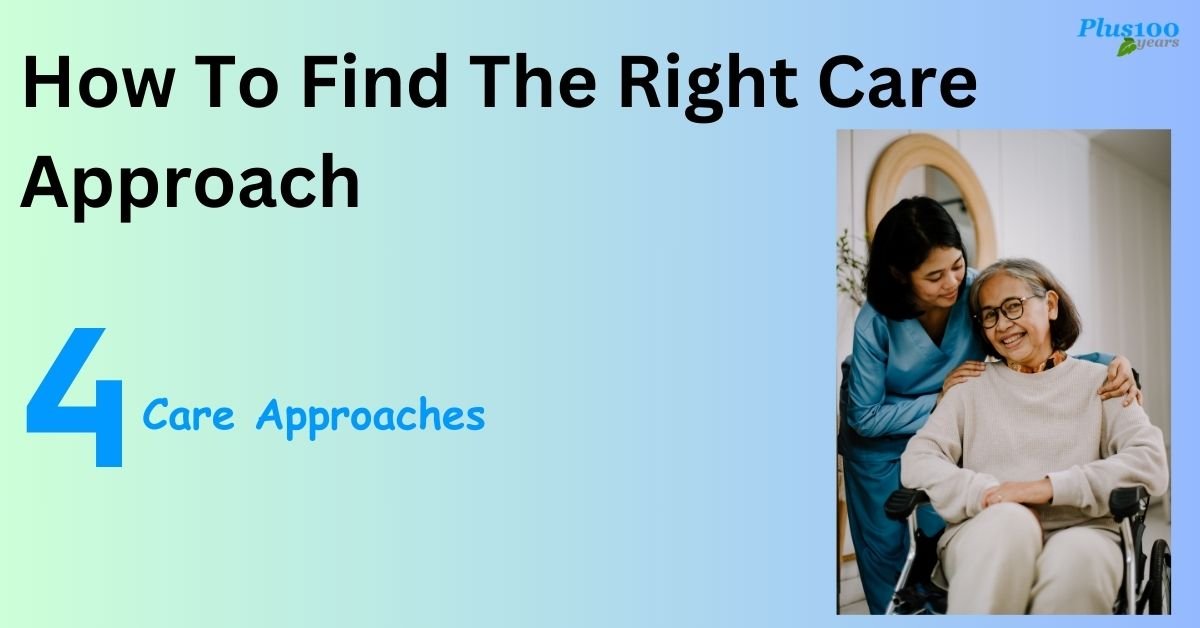Updated: 31-03-2025
Hip pain is usually caused by one of the many forms of arthritis and conditions related to it.
These conditions affect the muscles, joints, and bones and can lead to problems such as swelling, stiffness, and pain in the hip joint.
More often, the cause is osteoarthritis.
Let us know more about what hip pain is.
What is hip pain?
Symptoms of Osteoarthritis include hip pain
Osteoarthritis symptoms vary from one person to another, but in cases where it affects the hip, the typical symptoms are:
- Damage to the cartilage.
- Mild inflammation of the hip joint and surrounding tissues
- Bony growths are developing around the hip joint
These lead to stiffness, pain, and difficulty in performing certain activities.
Although at present no cure is available for eliminating this type of hip joint pain, the symptoms can be eased with several treatments. Surgery is often not necessary.
Other problems that cause hip pain include
- When abnormally shaped bones of the hip rub together, they cause pain.
- This condition is known as femoroacetabular impingement.
- When a tear occurs in the cartilage ring that surrounds the hip joint socket, it causes a condition termed a hip labral tear, leading to pain.
- Hip dysplasia is a condition in which the hip joint is either wrongly shaped or the position of the hip socket is incorrectly positioned and hence cannot cover the leg bone or support it completely. It leads to hip joint pain.
- Injury to the hip due to a fall or an accident can lead to a hip fracture, causing hip joint pain.
- Such incidents are more common among older people with weaker bones.
- An infection in the bone or the joint of the hip can cause osteomyelitis or septic arthritis.
- Mostly, such pain is accompanied by fever and severe pain in the hip.
- In osteoarthritis, the blood flow to the hip joint is reduced, causing the breakdown of bones and hip pain.
- The pain is also caused by swelling and inflammation of the bursa, or the fluid-filled sac located on your hip.
- This condition is known as bursitis.
- Hamstring injury
- Inflammation in the thigh ligament.
When Should You Approach the GP?
You must approach the doctor if rest and over-the-counter medications like painkillers are not helping manage the hip pain. You must see the doctor if:
- The hip is hurting even after resting for more than a week at home.
- If you have a rash or a fever.
- If you have sickle cell anaemia.
- If both your joints and hips are in pain.
- Hospitalisation may be required for hip pain caused by a fall, accident, deformity, bleeding, or bruises.
Managing Hip Pain At Home
If you do not need to consult the doctor immediately, try managing the pain at home.
- If you are overweight, losing a few pounds can relieve strain on the hips and may lessen the pain
- Avoid activities that can increase the pain, such as running down hills or trekking
- Wear flat shoes
- Avoid standing for a long time
- Consult a physiotherapist to learn some muscle-strengthening exercises.
“We welcome your comments on this post.”



